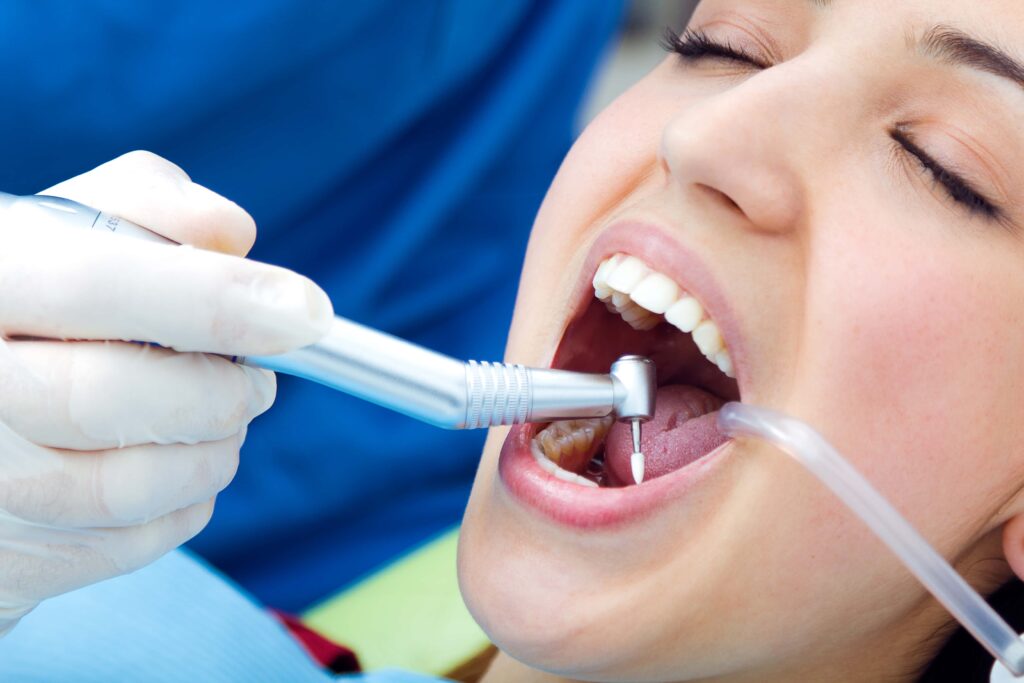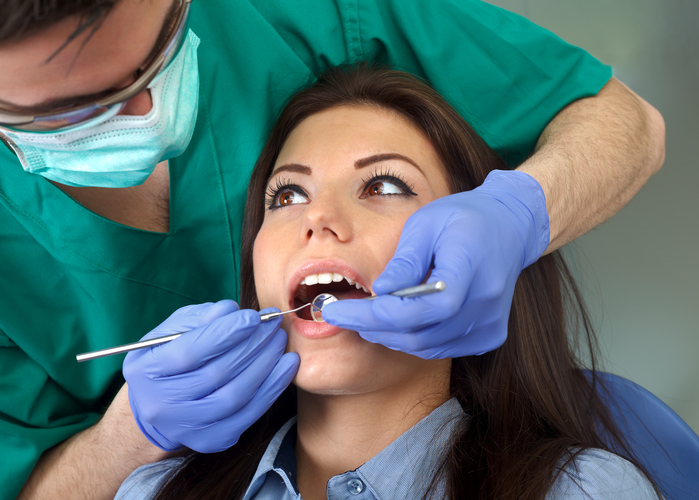Getting A Tooth Pulled – What to expect during and after tooth extraction?
Tooth pulling or extraction is one of the most common dental procedures in a dentist’s office. Tooth extraction is usually the last resort for an infected or damaged tooth. Your…


